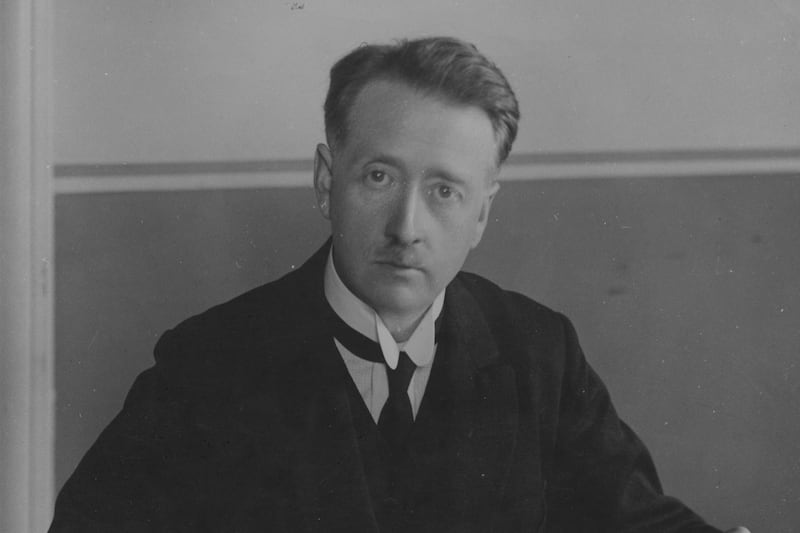June 21 1924
The Bolshevist authorities have condemned the Dominican Mother Superior [Anna Ivanovna] Abrikosova and about 10 other Roman Catholics, most of them Dominican nuns, to banishment for 10 years, with imprisonment, in Northern Siberia for imparting to children private religious instruction.
The Bolshevik laws prohibit either private or public religious teaching to children.
Persecuted for ignoring Soviet anti-religious laws, Anna Abrikosova spent more than a decade in solitary confinement in different prisons and camps, before dying from cancer in 1936.
Charge Over Pastry for Free State
The first case of its kind reported so far was heard at Dundalk yesterday, before Mr Justice Goff, when Robert Adams, a bread van driver, was charged in custody with having imported into the Free State a quantity of sugar confectionery upon which duty had not been paid.
Mr JB Hamill, State Solicitor, in opening the case, said it was probably the most important case yet heard under the Customs Act. The accused was a driver in the employment of Messrs Inglis, of Belfast, who supplied bread to portions of the Free State.
Under the budget resolutions passed for this year, there was, first of all, an increased duty put on goods imported. There was what was called a minimum duty of 2s 6d on goods brought in, but in addition there was a very important sugar tax upon sugar confectionery.
The accused was in the habit of coming into the Free State by the Ferryhill frontier post at Omeath, where he produced declarations setting out the goods he was bringing in. His van was examined there, and to all intents and purposes he had nothing but plain bread, but he (the State Solicitor) was afraid that the preventive officers relied to a great extent on the good faith of the importer.
As a result of rumours, searches were made by officials, and in one place alone – that of Miss Wright, of the Slieve Foy Restaurant, Omeath – it was found she had taken supplies of bread confectionery from Messrs Inglis, and had actually a book in which the quantities were entered up.








